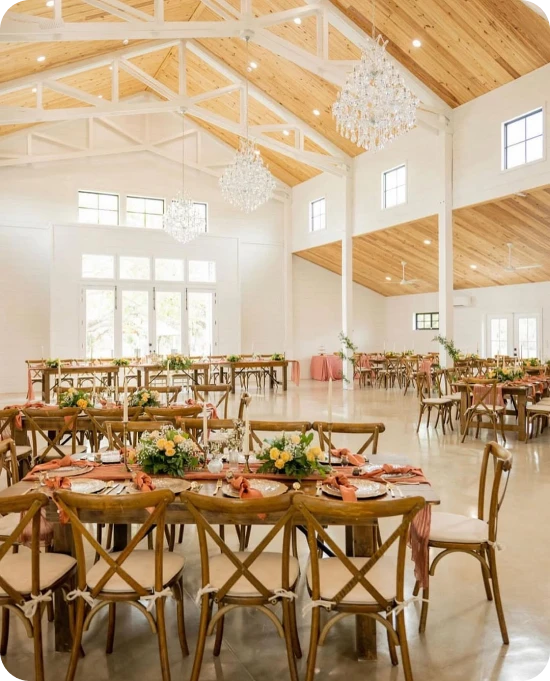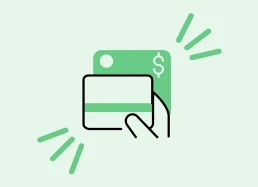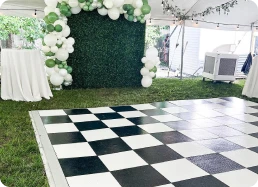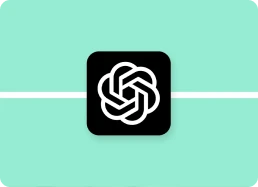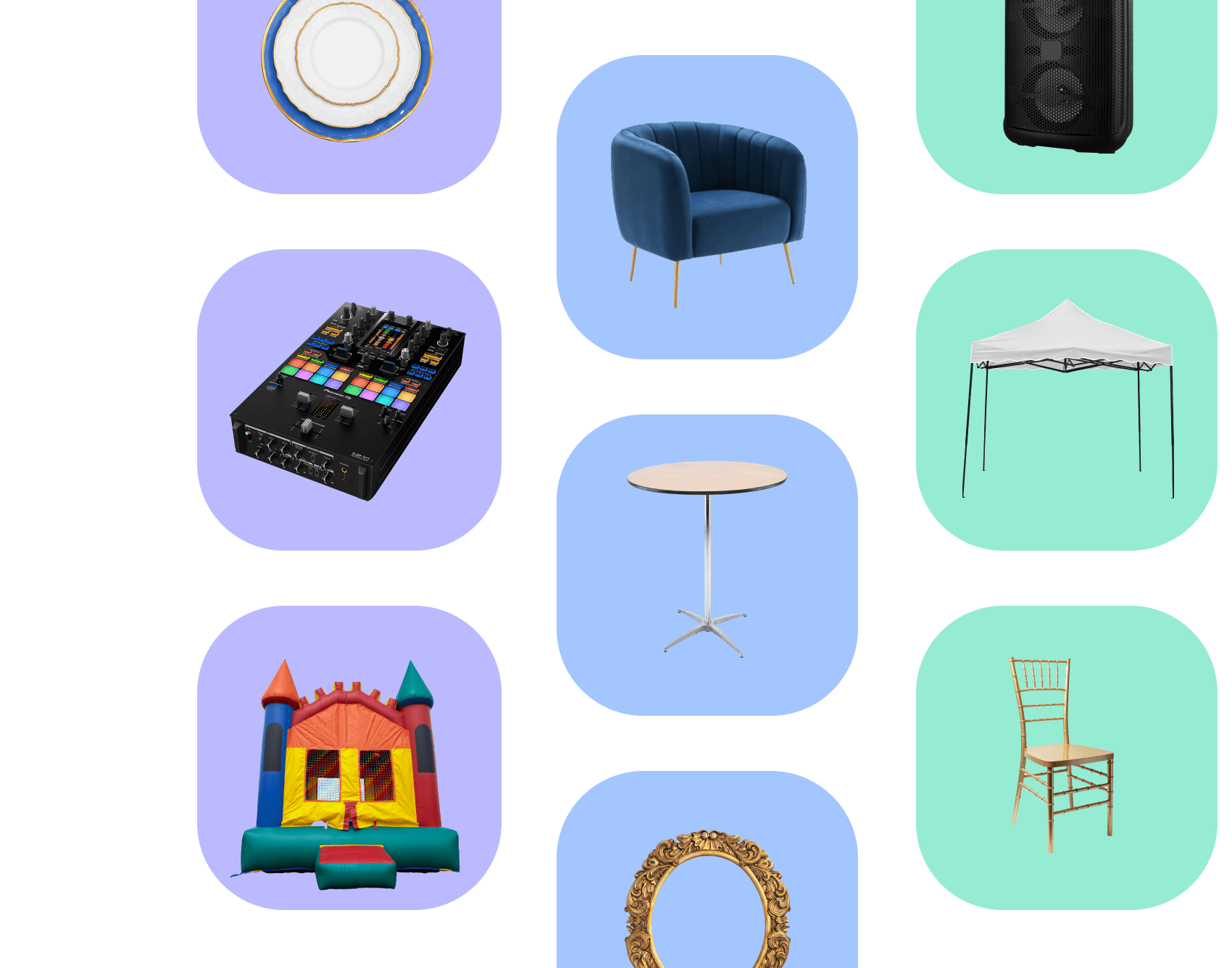Your clients think they’re AI-powered experts now (spoiler: they’re not).
Hi y’all,
Remember when Pinterest made every client an “expert” designer? Well, ChatGPT just took that to a whole new level. If you haven’t already had clients showing up at your door (or on your phone line or in your email inboxes) with detailed equipment lists, venue requirements, and strong opinions about everything from chair stability to lighting setups — all courtesy of their AI assistant — be prepared!
AI is making clients think they know more than they actually do. They’re getting comprehensive answers to complex questions without understanding the nuances that come from actually working in real venues with real inventory.
But before you roll your eyes at another “difficult” client, consider this: their AI-powered confidence is actually your biggest opportunity to demonstrate your unique value.
Start with curiosity, not corrections. When a client comes to you with strong opinions, don’t immediately dismiss them. Instead, ask: “That’s interesting. What made you think of that approach?” Understanding where their ideas originated helps you address the real need behind their request.
Lean into your institutional knowledge. You know that those gorgeous acrylic chairs they saw on Instagram aren’t stable enough for outdoor garden ceremonies during rainy season. You know which venues have tricky load-in requirements. You know your inventory better than any AI ever could. This experience is your competitive advantage.
Be transparent about your pricing structure. Yes, include consulting fees and design expertise as line items. When clients understand they’re paying for your knowledge (not just your stuff), they’re more likely to trust your recommendations. Avoid the temptation to hide fees in equipment costs; transparency builds trust.
Set boundaries proactively. We’ve all been there: the client who wants to swap out linens for the fourth time or requests endless tweaks to table arrangements because they saw “something similar but better” online. Create clear processes that limit proposal revisions (maybe two rounds included, then a fee for additional changes), set specific timelines for decisions, and define what constitutes a consultation versus a quick question. When clients know what to expect upfront, they’re less likely to treat you like their personal AI assistant with unlimited queries.
The most successful event pros I know aren’t fighting against AI-informed clients. They’re using it as an opportunity to showcase exactly why human expertise matters. Your years of experience, your understanding of local venues, your ability to solve problems on the fly…these can’t be replicated by a chatbot.
Your institutional knowledge just became priceless. Time to price it accordingly.
See you next Monday,
Mallory Mullen
Goodshuffle

P.S. You can leverage AI, too! Here’s how Goodshuffle Pro users are leveraging ChatGPT to their advantage.
